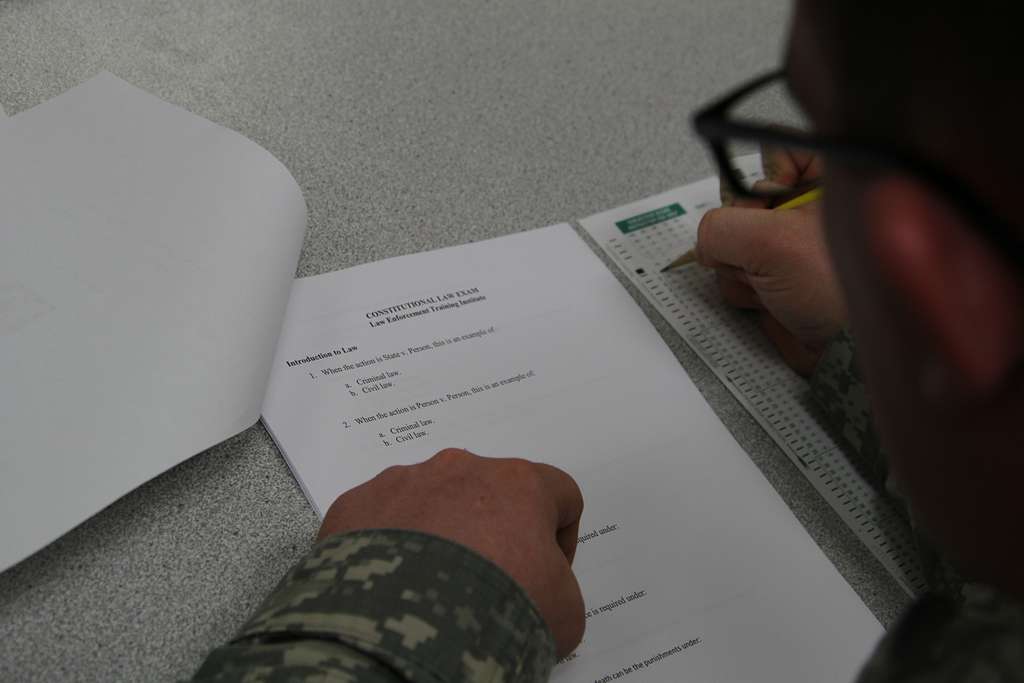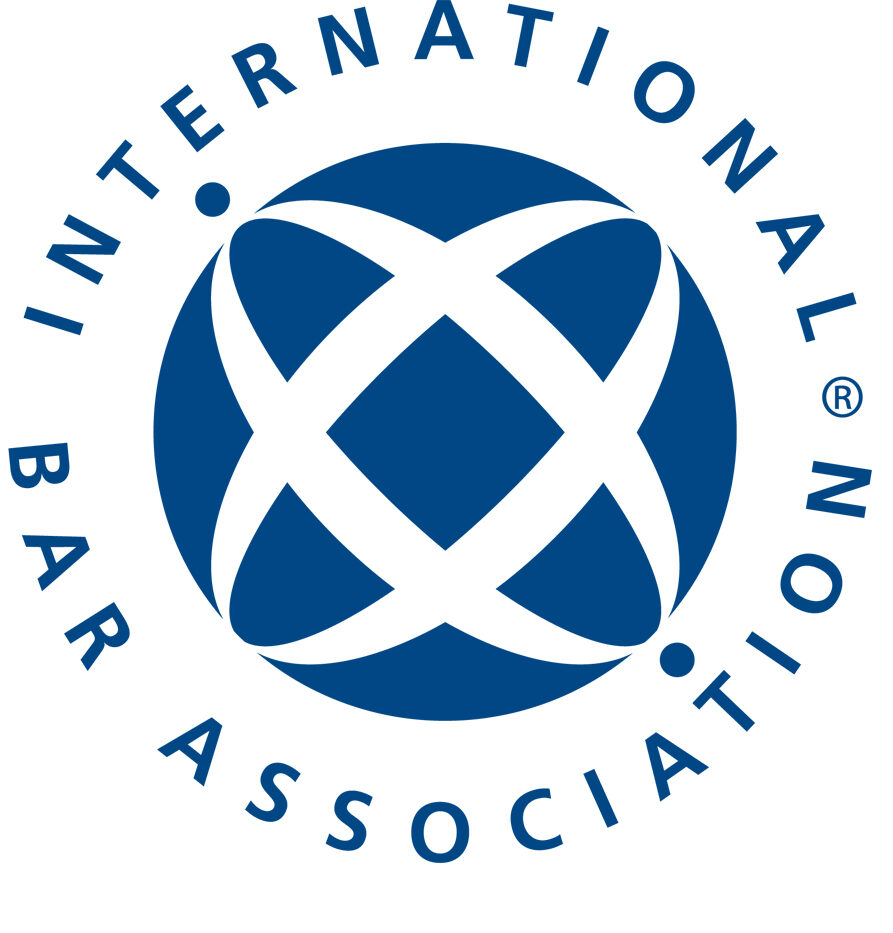Now Reading: U.S. Chief Justices Call for Bar Exam Alternatives to Reform Legal Licensing
-
01
U.S. Chief Justices Call for Bar Exam Alternatives to Reform Legal Licensing

U.S. Chief Justices Call for Bar Exam Alternatives to Reform Legal Licensing
A new report from the Committee on Legal Education and Admissions Reform, initiated through an 18‑month collaboration between state chief justices and court administrators, calls on state supreme courts to consider alternative pathways to legal licensure beyond the traditional bar exam. The committee urges courts to take a proactive role in legal education and admissions to help relieve unmet legal needs, restore public trust and expand public interest practice, especially in rural or underserved regions.
Key recommendations include hands‑on training and practical experience, streamlining character and fitness assessments and reforming law school accreditation to foster innovation and lower costs. Currently, six states have established alternative licensing pathways without the bar exam, and at least seven more are evaluating similar models, such as supervised apprenticeships or portfolio-based evaluations.
Legal Perspective:
From a regulatory standpoint, these recommendations raise essential questions around professional standards and public protection. Licensing authorities must ensure a minimum level of competence through validated assessment measures, whether exam-based or experiential. Critics argue that bar exam pass rates disproportionately disadvantage marginalised groups and impose substantial financial burdens. The American Bar Association is shifting its policy, now encouraging states to adopt diverse, competency‑based pathways to promote equity and access.
Legal oversight will need to address interstate license portability, supervision standards, and ethical accountability in non‑exam pathways. As the NextGen Uniform Bar Exam rolls out between 2026 and 2028, adopted by 45 jurisdictions, states that not only test this new exam but also pursue alternatives must carefully integrate standards that safeguard public interest while adapting legal education to modern needs.
Overall, this report reflects a growing willingness among courts and educators to rethink how attorneys are licensed, striking a balance between tradition and reform in pursuit of fairness, access, and quality licensing.









